Emmanuel Razavi
Originally published in French by Paris Match on May 17, 2024. Translated into English by Maëlie Kate Jalali.
Paris Match. Your Imperial Highness, what is the current state of Woman, Life, Liberty revolution?
Reza Pahlavi. Despite the repression, which increased simultaneously with the attack of Hamas on Israel, women defy the Islamic Republic on a daily basis by no longer wearing the veil. Iranians are driven by the desire to resist and fight. Either the country will be destroyed, or the people will achieve victory.
According to your information, what is the social, economic and health situation?
Despite an oil revenue of more than 100 billion dollars, the country faces inflation of 40%. More than half of the population lives below the poverty line. The queues to get food products and gasoline are endless. Hence strikes, demonstrations, notably by nurses, teachers, truck drivers, manual workers, retirees and even bazaar traders, usual supporters of the regime. Many Iranians no longer have any access to medical care. We even observe cases of suicide among young doctors – especially among women –, desperate by their working conditions and the pressure of the regime. The only investments of the Islamic Republic go to the Houthis, to Hamas, to Islamic Jihad. The attack on Israel cost billions of dollars!
Toomaj Salehi, 33, a huge rap star in Iran and the Middle East, has just been sentenced to death. There are five executions every day. Why so much repression?
To break the spirit of society. The execution, or rather the potential murder of Toomaj Salehi, is part of a general policy. The Supreme Leader does not seek harmony, he demands submission. Toomaj is the voice of revolt. But this sentence demonstrates the fragility of the system.
Officers of the Revolutionary Guards have just been arrested for criticizing Ali Khamenei. Is this a sign of dissension within the regime?
The social and moral downgrading overwhelms them. These officers suffer from being assimilated to the “neither war nor peace” of a Supreme Leader condemned by his age. His succession – he would like his son to take over – is the subject of divisions. The internal discussions of which we are aware show this. International diplomacies must understand that this regime will not be able to hold. They must play the card of controlled implosion by intensifying targeted sanctions. If the mullahs remain in power, it is because the West is not firm enough.
Do we have proof that Iran financed and trained the October 7 terrorists?
Hamas and Palestinian Islamic Jihad are an integral part of the “ring of fire” strategy around Israel. The Islamic Republic itself has confirmed its financial and military support for Hamas. Cooperation between Hezbollah, a subsidiary of the Islamic Revolutionary Guard Corps, and Hamas is an established fact. It, inter alia, made its infrastructure available. The Council of the Coalition of Islamic Revolutionary Forces (Shana), close to the Supreme Leader, also confirmed the role of Mohammad Reza Zahedi, commander of operations of the Al-Quds force in Lebanon and Syria, in planning the pogrom of October 7.
How do you analyze the recent show of force against Israel?
Like the desperate act of a regime in dire straits. And a clear failure, since most of the drones and missiles were shot down. If it had the means to strike Israel, this regime would have done so. Let us clarify that this is a war of the mullahs: they expose the population to reprisals for political objectives from which they unambiguously dissociate themselves.
Is Iran manipulating the students who blocked Sciences Po and the Sorbonne [Universities in France]?
I would not be surprised to learn that. For forty-five years, the regime, which describes itself as anti-Western and anti-capitalist, has found friends in certain intellectual circles, particularly French ones. In all European capitals, he has set up relays: Islamic centers, mosques, cultural and linguistic centers. It targets journalists, activists, Jewish personalities, also relies on its historical proximity to the Muslim Brotherhood organization, and shelters behind democratic laws to spread its hatred. The students do not realize that they are defending some of the most retrograde forces that the Middle East has ever known: the Houthis are starving Yemen, Hamas has committed the worst pogrom, Hezbollah is slowly killing Lebanon, the Islamic Republic rapes, tortures and torments/kills its opponents. This alliance between the Marxist far left and the Islamists, we have seen it at work in Iran. The students in Michigan who chanted “death to America” in Persian should know that in 1979, when intellectuals and academics realized who Khomeini was, it was too late.
Are attacks on international vessels in the Persian Gulf and Red Sea likely to cause an unrest?
The Islamic Republic benefits from Houthi attacks without taking any risks. It has no reason to stop. For me, it was a mistake to remove them from the American list of terrorist organizations.
When will Iran be capable of obtaining a nuclear bomb?
Specialists speak of a few months to two years. The Iranian regime is very advanced in uranium enrichment. But as for its militarization, that remains a mystery. They are using their space program to develop intercontinental ballistic vectors that could directly threaten Europe. The European Union must sanction this program […]. The mullahs’ regime poses a threat to Europe with religious radicalism, nuclear power and an unprecedented migration crisis.
How are Iran’s allies in Lebanon and Syria a threat to Europe?
Without even talking about terrorism, we can clearly see that, through their links with extremists, as well as through the ideas they import, they impact a balance. We cannot put out the fire without stopping the one holding the match.
How do you know what is happening in Iran?
Through social networks that Iranians access through VPNs [virtual private networks]. I am also in contact with activists, journalists and other civil society actors. I can’t say more.
You have warned of the risk of an Iran-China-Russia axis against the West. Why?
This is not just my point of view! Of the three members of this axis, Iran is however the weakest, the one which has the least legitimacy in the eyes of its population, and which Russia and China have made their vassal, as at the time when the colonial powers plundered its resources.
Around fifteen European hostages are still detained in Iran. Among them, four French prisoners. How do you explain it?
The American administration released frozen Islamic Republic funds in order to secure the release of its hostages. Is this the solution? It is legitimate for a head of state to think of his public opinion as of his hostages. But we need a common policy: if democracies no longer gave in to blackmail, we would avoid falling into this situation again.
In recent months, you have been critical of the American posture towards Iran. Why?
It is not a question of granting good or bad points but of identifying the policies that lead to results. However, the policy of appeasement has failed, and the consequences of a military confrontation cannot be controlled. There remains a third way: supporting regime change from within.
You in power, would Iran be at peace with Israel?
I dream of seeing the Cyrus Accords which could one day outline the contours of peace between Iran and its neighbors, including Israel. This is what Iranians aspire to. I dream of a democracy that respects international law. But I’m not chasing power. My goal is to move towards a sustainable peaceful transition.
What do you expect from President Emmanuel Macron?
He shows great courage and lucidity on the international scene. But like the entire international community, he must understand that the Islamic Republic is weak, that 90% of Iranians no longer want it, that the time has come to put it under pressure. Technological and financial support from outside is necessary. To give you an example, if an Iranian in the diaspora wants to help his family in Iran, international sanctions prevent him from doing so. Exceptions should be allowed. In strict compliance with the law, regime money frozen in accounts in the West could be redirected to Iranians inside.
In several cities in Iran, we heard your name chanted. How do you explain this popularity?
The Internet and social networks have enabled Iranians, especially younger people, to access information. Even if the times of my father and my grandfather were imperfect, the living conditions were better, the spaces of freedom more numerous. Female students could walk around unveiled with their boyfriends. But it’s not just nostalgia. They also understood that the Iran of which I dream is turned towards the modern world, individual freedoms of expression, of association, of the press, towards women’s rights, the abolition of the death penalty, the strict control of legitimate state violence. They know that I want to eliminate discrimination. When Iranians see how the neighboring emirate of Dubai has evolved in medicine, research and industry, they feel trapped in a new iron curtain.
Do you think you represent a recourse?
I have always fulfilled my duty. I must stay above the fray and help my country reach the ultimate phase of change. The Iranians have understood that my role is to be the leader of the democratic transition.
What is your political project?
It is structured around three pillars: democracy and human rights, the rule of law and secularism, and finally the inviolability of the national territorial integrity, necessary to avoid a fragmentation which would lead to other conflicts. I also believe in a national reconciliation, like what was done in Nelson Mandela’s South Africa, we must provide amnesty to those who do not have blood on their hands. It is about rebuilding Iran, not revenge. When an Assembly has drafted a Constitution and submitted it to a referendum, I will have accomplished my mission.
Do you believe in the possibility of a sacred union between monarchists, Kurds, liberals and left-wing republicans?
I believe in the coalition of people of good will who fit into the triptych previously described.
Forty-five years after the Islamic Revolution, your mother, Empress Farah Diba, exiled in Paris, continues to be adored in Iran. How does she see your action today?
She supports my approach, she is always willing to serve her country. Her influence on the emancipation of Iranian women is undeniable. Many of my compatriots still consider her an example, including among regime sympathizers.
Does your wife, Princess Yasmine, support you?
Since the murder of Mahsa Amini in 2022, our entire family has been engaged/committed. Especially my wife, who sees oppressed young people as her own children.
The Iranian terrorist threat is at its highest level in the United States and in France. Do you feel safe?
Risk is part of my life. The threat is real. I take the necessary precautions, zero risk does not exist. I learned to live despite threats, like my compatriots who manage to express themselves despite repression.
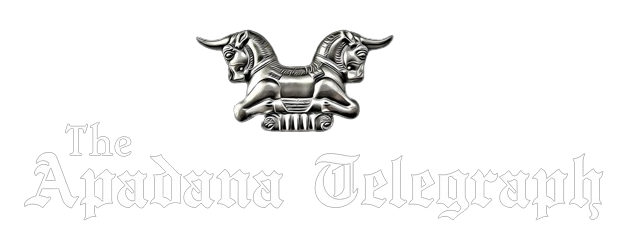

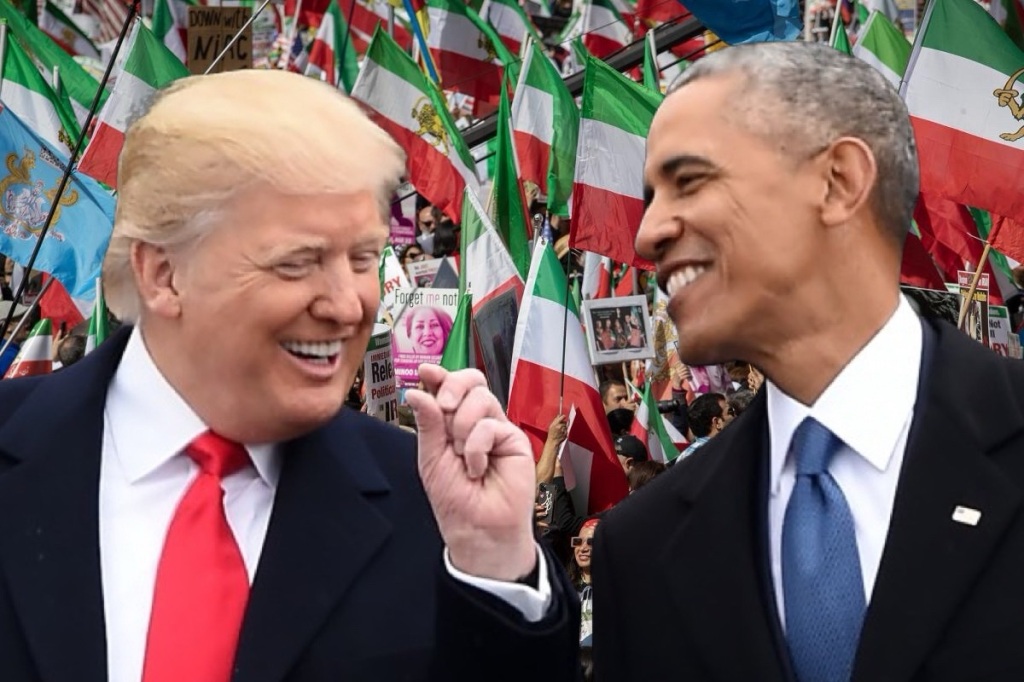
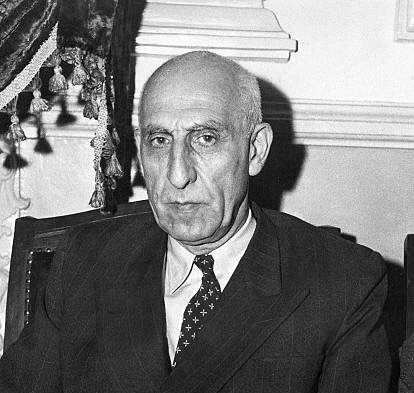
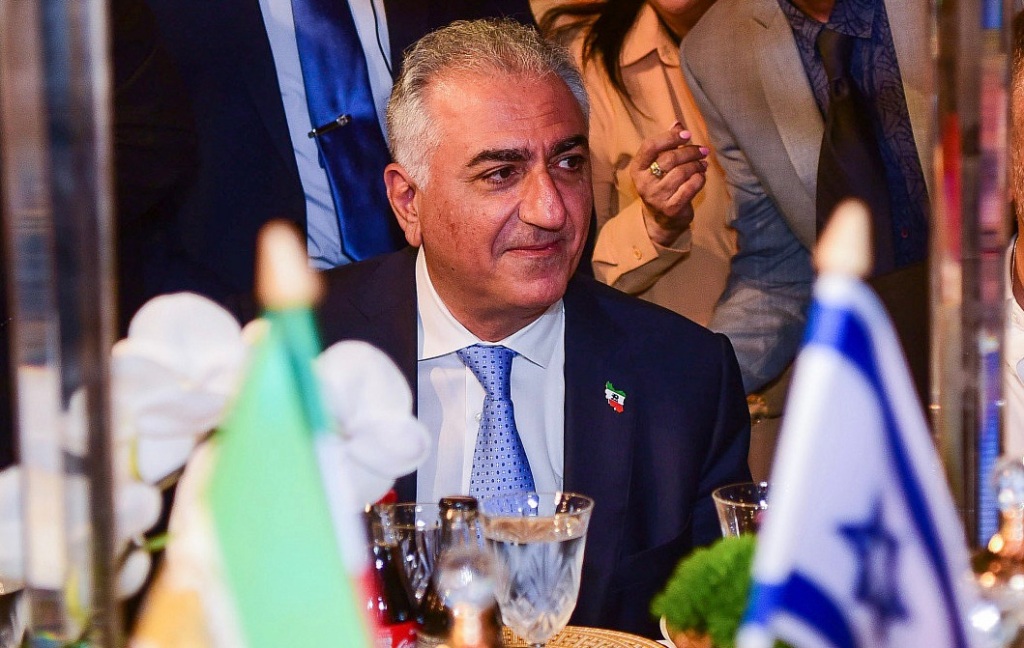
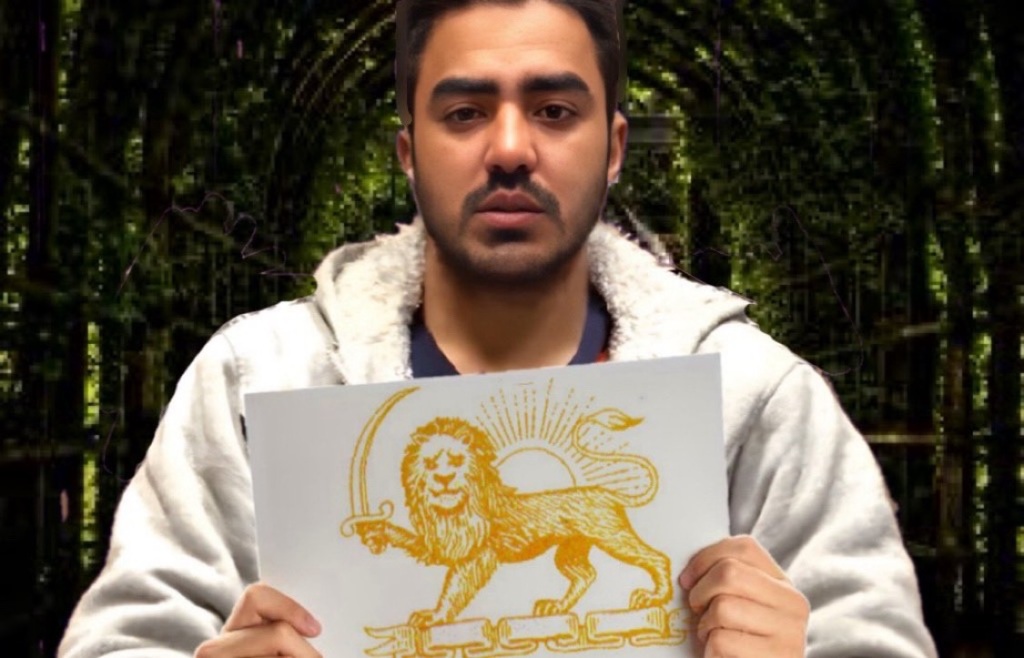
Leave a comment